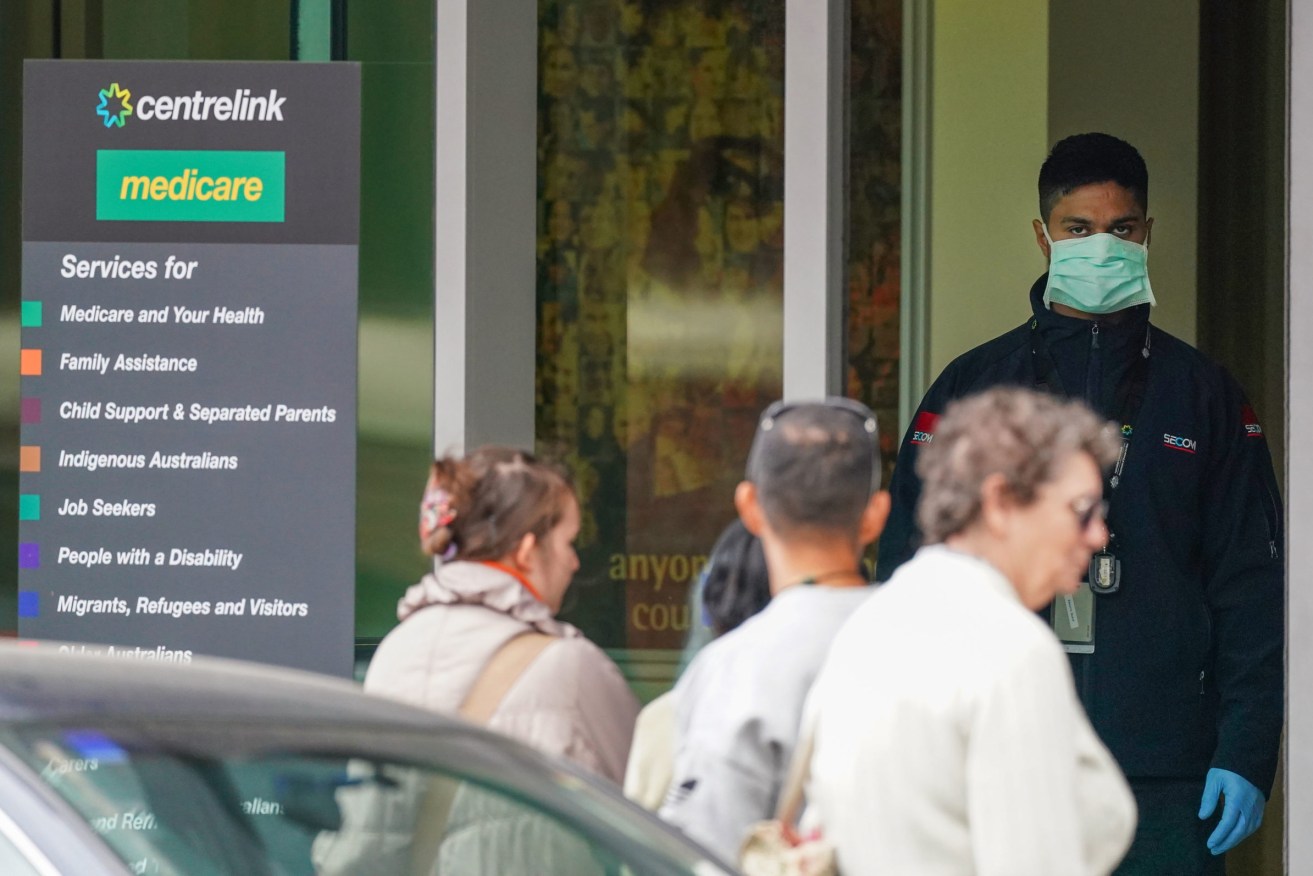JobSeeker decision hits both unemployed and economy
The Morrison Government’s lifting of JobSeeker payments by $3.57 a day while axing the coronavirus supplement ensures recipients will continue to live in poverty. But it’s also a substantial blow to the state economy, writes Greg Ogle.

Photo: AAP/Scott Barbour
Much of the reaction to the Federal Government’s decision to increase the base rate of the JobSeeker unemployment payment by just $3.57 a day when the Coronavirus Supplement is cut (effectively reducing current incomes by $50 per week) focuses on the impact of the cuts on those trying to survive on these below-poverty line incomes.
That is understandable because income support is primarily about just that – supporting people who are having the toughest of times finding their way into work – and in this context there is no doubt that the decision was miserly, leaving people surviving on incomes way below the poverty line, and backed by unrealistic stereotypes.
But perversely, the cut to payments for those looking for employment might see more people put out of work. Apart from being a much-needed social support, JobSeeker and similar payments provide money which is spent directly into local economies.
Based on Department of Social Security data, SACOSS calculates that the Federal Government’s decision this week will see over $8 million a week taken out of the South Australian economy. This is just the immediate impact, and does not account for the flow-on effects of the lost demand, which will impact further on businesses and the economy.
We need to be clear. While South Australia was fortunate to avoid the worst of the pandemic, our economy has not recovered to pre-pandemic levels.
The ABS labour force data released last week shows that in January this year there were 8,300 fewer jobs in South Australia than a year ago, and 13,000 more people looking for work.
Sadly, we again have the highest unemployment rate in the country, and we are yet to see the impacts of the upcoming loss of JobKeeper payments, which have underpinned ongoing employment for 23,000 South Australians.
These macro-figures also hide particular impacts on key South Australian industries, where people who worked in those industries are still struggling to find jobs. The latest ABS payroll data shows job numbers in 12 of the 19 industry classifications have not recovered to pre-COVID levels.
Worst hit are agriculture, forestry and fishing, where job numbers are 10% lower than pre-pandemic levels. Job numbers in the accommodation and food services industry are 8% lower, and in the information and telecommunications sector they are 6% lower.
The biggest growth since the pandemic has been in healthcare and social assistance jobs, and in financial and insurance services. But, of course, not everyone can immediately move to these growth industries from where they were previously employed, as many jobs in these sectors require training and special skills.
Similarly, many regional areas are still suffering, with recovery slower than in Adelaide. In Yorke Peninsula and the lower north, the Eyre Peninsula and Kangaroo Island, and the Murray Mallee, job numbers remain more than 5% lower than pre-pandemic levels.
For people in these industries and regions, the economy has most definitely not bounced back, and ongoing support is needed.
For those struggling to find work, to have the Coronavirus Supplement withdrawn and have their income slashed will hit hard.
It will impact on not only their ability to cover the fundamental costs of living – such as food, housing, medication and paying bills – but also the practical costs of finding a job, like paying for transport, engaging in job search activities and having the appropriate clothing to wear.
And for an economy struggling to recover, the withdrawal of over $8 million a week in spending power is a blow which will have impacts well beyond those on government payments.
The decision on JobSeeker was bad social policy, and poor economics.
Dr Greg Ogle is the senior policy and research analyst at the South Australian Council of Social Service (SACOSS).




